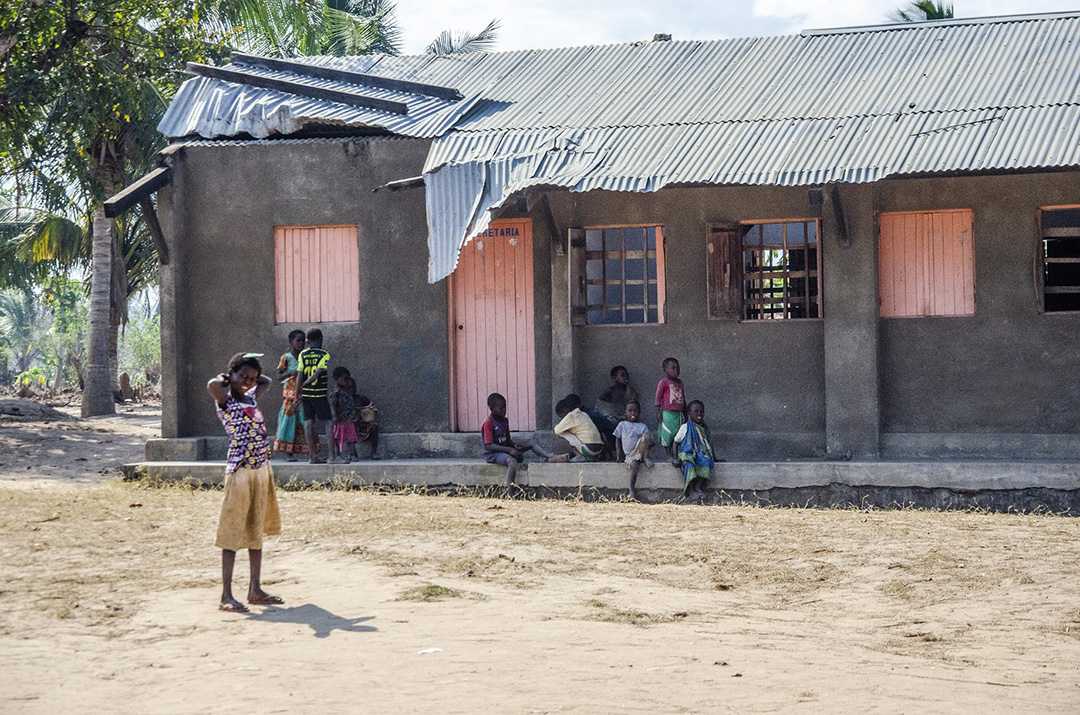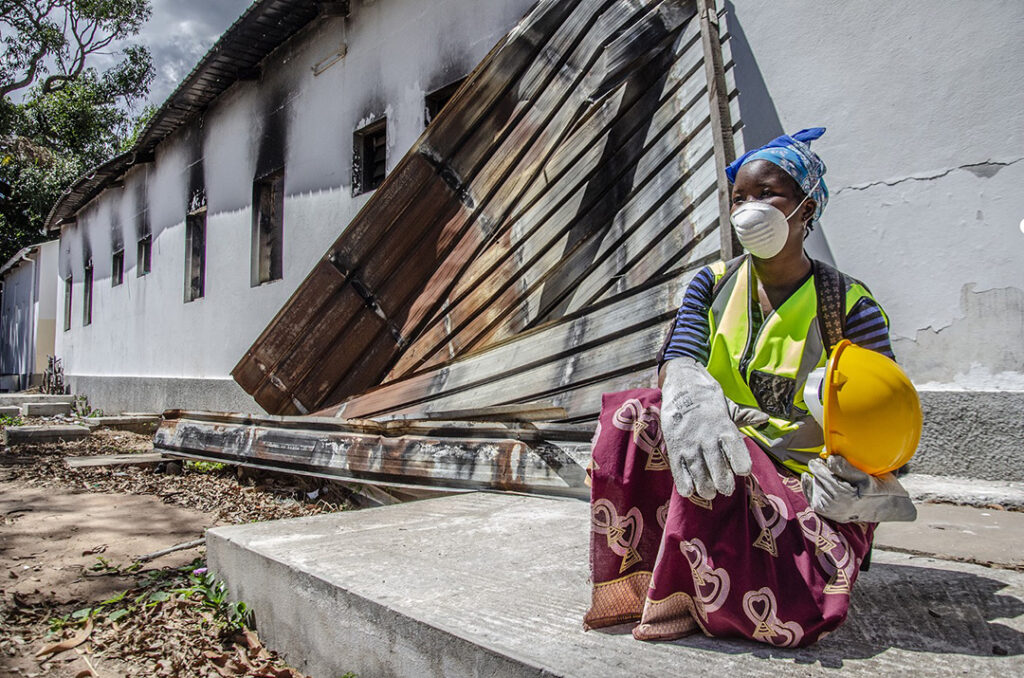ADF STAFF
Experts have long insisted that the success of Mozambique’s counterinsurgency operation in the northern province of Cabo Delgado depends on improving not just security, but its economic outlook and community relations.
Multifaceted plans are coming together to do just that.
In his recent State of the Nation address, Mozambican President Filipe Nyusi spoke optimistically to parliament about the regional counterinsurgency effort underway, claiming that the number of attacks had dropped substantially.
“The joint operations of the Mozambican, SADC [Southern African Development Community] and Rwandan armed forces have registered remarkable progress with immediate impact in neutralizing the combative capacity of the terrorists,” he said December 16, 2021.
Although a flickering sense of stability has returned to some towns and roads where the joint forces are most visible, their presence has not resulted in less violence.
On the contrary, the number of attacks by the extremist group Ansar al-Sunna rose between January and February and displaced more than 12,000 people, according to a report from the United Nations Office for the Coordination of Humanitarian Affairs in Cabo Delgado.
Experts say the insurgency, now affiliated with the Islamic State group, is entrenched in Cabo Delgado because they use fear and coercion to gain support of some in the population. Disaffected youth, for example, often are radicalized and recruited because extremists prey upon their lack of work, school and hope.

Nyusi does not believe there is a link between terrorist attacks and local grievances.
“For us there is no rational narrative behind terrorist actions,” he said to parliament. “What we are facing is pure banditry driven by others’ greed against a nation that is about to make the qualitative and quantitative leap.”
Still, most believe that investment in the region is essential to defeating the insurgency that has left more than 3,500 people dead and forced more than 740,000 to flee their homes.
Pressure from the U.N., humanitarian groups and nongovernmental organizations has pushed Nyusi’s government to address economic ills in exchange for hundreds of millions of dollars in foreign aid to the region.
Donors helped the government write a formal reconstruction plan, called the Resilience and Development Strategy for the North. It seeks to disburse the funding in three phases over five years.
The Institute for Security Studies (ISS Africa), a South African think tank, reported last year on a financing package of $764 million by multilateral partners to establish the Northern Integrated Development Agency (ADIN).
“ADIN has four main pillars — humanitarian assistance, economic development, community resilience and communication,” ISS Africa wrote.
“The education system must be reinvigorated to train and prepare locals for skills suited to new job opportunities. Authorities in Cabo Delgado would also need to invest in public works programs to complement job creation in the formal and informal sectors and offer social activities such as sport to engage the youth.”
ADIN also has reserved $25 million for cash transfers, or social grants, to support families in Cabo Delgado and neighboring provinces Nampula and Niassa.
As displaced people return, they see evidence of humanitarian aid and stabilization programs. Soldiers from the joint forces participate in cleanup efforts, while civilians are given jobs to rebuild homes and install basic infrastructure.
Help comes in fits and starts, but the government and international donors insist it is coming.
“With the recently reconquered areas, we have realized that there are many people who want to return to their areas of origin,” World Bank Country Director for Mozambique Idah Pswarayi-Riddihough said to reporters in October 2021. “But they cannot return without the basic conditions being in place.”
Businessman Assif Osman, participating in an ADIN webinar on February 24 in Pemba, said he is pleased with the string of successes by the joint forces. But there is more to the insurgency than fighting.
“It is important that people realize that resolving this conflict is not just a matter of military intervention,” he said. “We have to be aware that this success will always be temporary unless it is accompanied by a set of structural and economic measures to overcome the problem of poverty in the province.”

